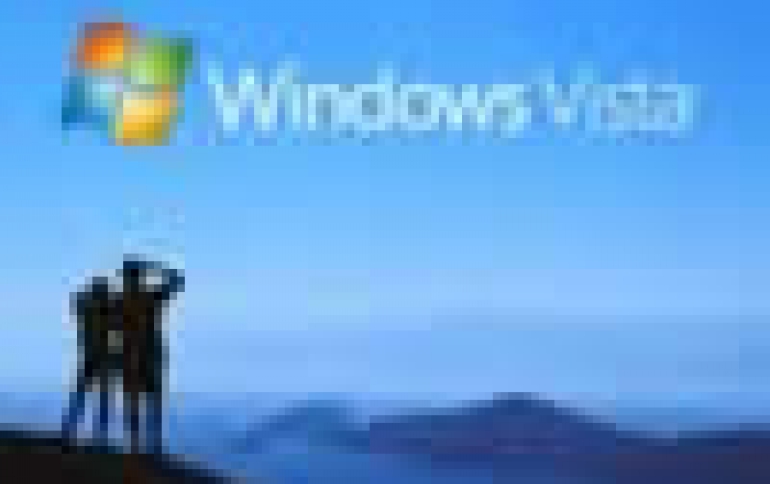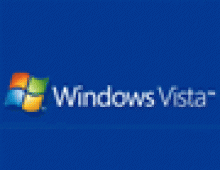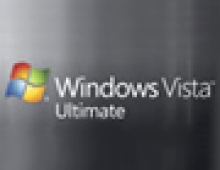
Microsoft Hints at Delay of Vista in Europe
Microsoft raised the possibility on Thursday that it might delay the introduction of its new Vista Windows operating system in Europe, depending on antitrust requirements of the European Commission.
The move came after four British members of the European Parliament wrote to European Competition Commissioner Neelie Kroes warning that her antitrust actions could force a delay for Vista in Europe.
Microsoft left open that possibility in a response to the letter that echoes threats it made in the United States eight years ago.
"Last spring, we made concrete proposals to the Commission to respond to their concerns about the inclusion of various new features (in Vista) and we are awaiting a response," the company said in a statement.
"Once we receive the Commission's response, we will know whether the Commission is seeking additional product design changes that would result in delay in Europe," it said.
But the Commission, the executive arm of the European Union, had a different perspective.
"It is not up to the Commission to give Microsoft a green light before Vista is put on the market, it is up to Microsoft to accept and implement its responsibilities as a near-monopolist to ensure full compliance with EU competition rules," a spokesman said.
"Microsoft only responded to our latest concerns last week," he said.
The letter and Microsoft's statement followed by one day the revelation that Henri Piffaut, slated to lead the Commission unit enforcing antitrust laws against Microsoft, has asked to work for a consultancy that has Microsoft as a client.
Piffaut was to have carried on the fight that dates to 2004, when the Commission found Microsoft had violated European antitrust law, fined it 500 million euros ($640 million) and required changes in its business practices.
When Microsoft failed to meet Commission requirements, the EU executive fined the company another 281 million euros this summer. It is still waiting for compliance.
The Commission is also talking with Microsoft about whether Vista has anti-competitive elements that must be changed.
Vista, set to replace Windows XP, has run into many delays. Microsoft this week reconfirmed its plan to make Vista available to large-volume business customers in November and for a general launch of the product in January.
Microsoft left open that possibility in a response to the letter that echoes threats it made in the United States eight years ago.
"Last spring, we made concrete proposals to the Commission to respond to their concerns about the inclusion of various new features (in Vista) and we are awaiting a response," the company said in a statement.
"Once we receive the Commission's response, we will know whether the Commission is seeking additional product design changes that would result in delay in Europe," it said.
But the Commission, the executive arm of the European Union, had a different perspective.
"It is not up to the Commission to give Microsoft a green light before Vista is put on the market, it is up to Microsoft to accept and implement its responsibilities as a near-monopolist to ensure full compliance with EU competition rules," a spokesman said.
"Microsoft only responded to our latest concerns last week," he said.
The letter and Microsoft's statement followed by one day the revelation that Henri Piffaut, slated to lead the Commission unit enforcing antitrust laws against Microsoft, has asked to work for a consultancy that has Microsoft as a client.
Piffaut was to have carried on the fight that dates to 2004, when the Commission found Microsoft had violated European antitrust law, fined it 500 million euros ($640 million) and required changes in its business practices.
When Microsoft failed to meet Commission requirements, the EU executive fined the company another 281 million euros this summer. It is still waiting for compliance.
The Commission is also talking with Microsoft about whether Vista has anti-competitive elements that must be changed.
Vista, set to replace Windows XP, has run into many delays. Microsoft this week reconfirmed its plan to make Vista available to large-volume business customers in November and for a general launch of the product in January.



















